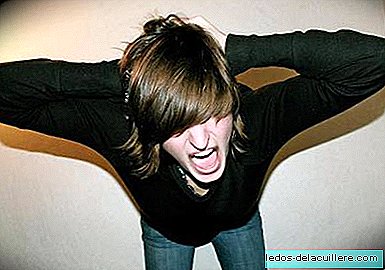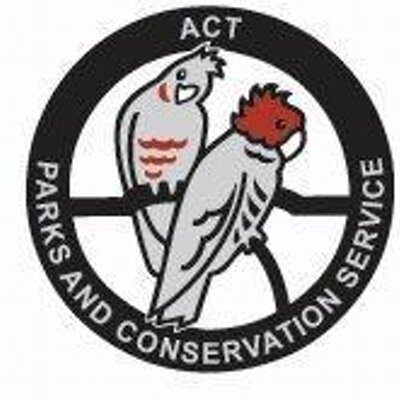Playgrounds are an increasingly popular recreational resource in cities, towns and shopping centers. We know that they are an option for the child to be entertained but they are also an opportunity for body experimentation and interaction with other children.
There are two characteristics of these parks that disturb us when we accompany our children: we do not know other children and we are afraid that they will fall and hurt themselves. I suggest a few ideas for you to decide how to act on your visit to the park, the risks are minimal and children can develop their greater autonomy.
- Do not go too late. If your child is tired after a day of school or for any other circumstance, he will not be in full power, both motor and emotional, and it will be easier for him to fall, face another child or have a tantrum.
- If the child is not able to climb a swing by himself, do not do it yourself. The recreational options are many, you don't have to use everything. If you take the habit that the adult completes the movements that he can not perform (such as climbing the slide), we can make it easier for him to depend on us for solving problems. No hurry.
- If conflicts arise between your child and another child, act only when there is a risk of aggression (which can be pushed or hit by a cheek). This is an opportunity for them to learn to self-regulate, to yield, negotiate ... and they must develop appropriate responses.
- In case you see a very high energy level (racing too fast, encounters, shrieks), it is best to leave the park for another day. It is better to choose the moment and enjoy as an observer than to endure in disgust and worry, having to act every two for three.
If we get Choose the place and time to attend these playgrounds and act calmly, calmly and thoughtfully, We can make these moments true learning opportunities.
Advertising











